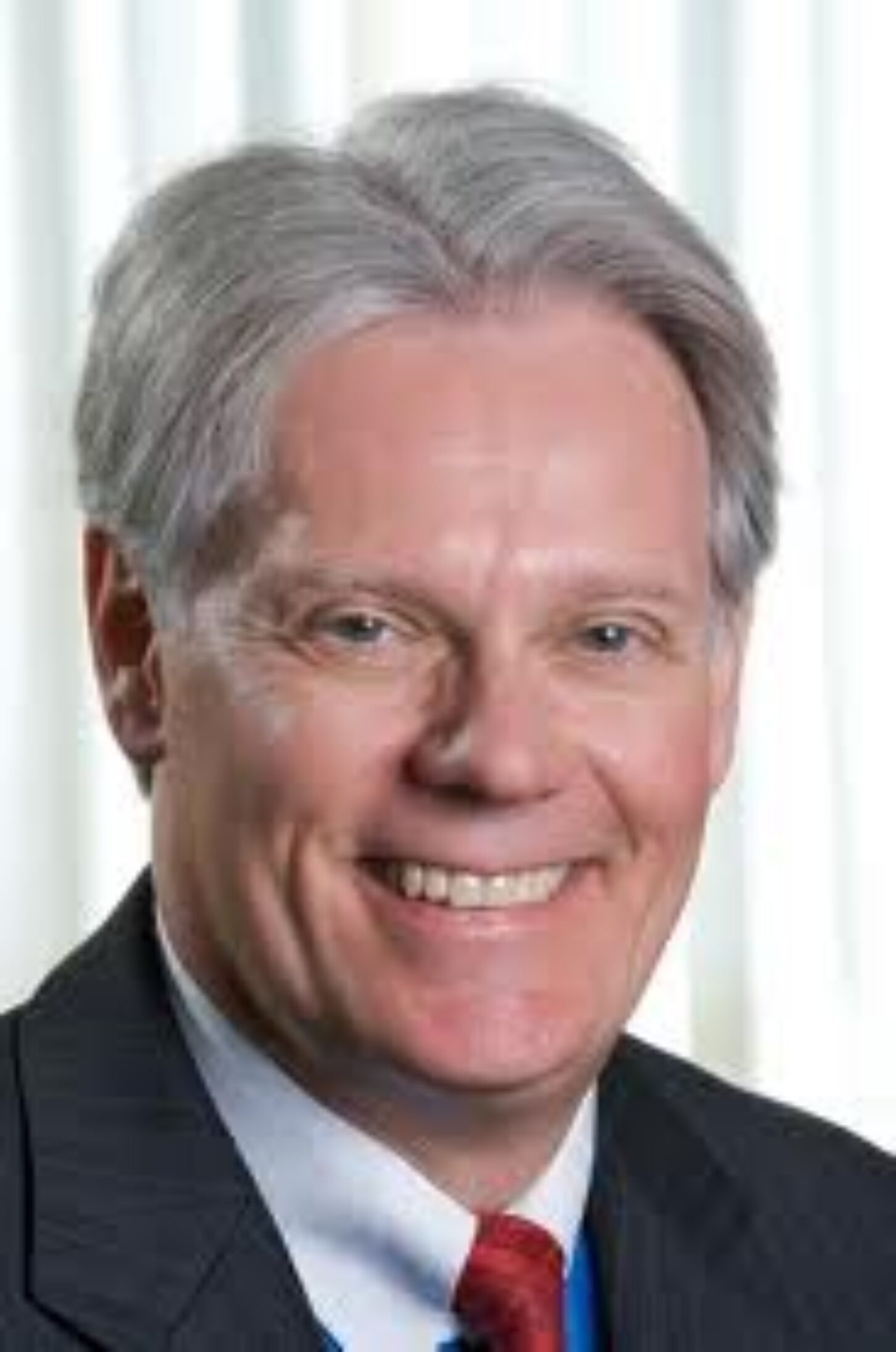

When the Atlanta Public Schools test cheating scandal investigation was released last week one section implied some business community sectors were more interested in protecting the city’s brand than in getting out all the test-cheating facts. Now the two special prosecutors who ran the investigation are saying the business community has no choice: It must stay involved.
“Just because something has gone wrong does not mean that the business community should back up and get out of the game,” former DeKalb County district attorney Bob Wilson said at a Monday luncheon. “No. It means you do what you do with your own business when there’s a setback. You stay in the game (and) you work harder but do it with your eyes wide open.”
Wilson and former state Attorney General Mike Bowers took no questions last Tuesday when they joined Governor Nathan Deal at a news conference. On Monday they said more than 183 persons who were already identified were involved in cheating. “I will guarantee you there are many more than that because we ran into a wall of silence,” said Bowers, “a wall of silence that grew out of an atmosphere of fear and retaliation. That’s all you can call it.”
The test cheating scandal was launched by former Governor Sonny Perdue last August to investigate 2009 state competency tests given in Atlanta elementary and middle public schools. There was no high school component, but during questions Monday a Rotary Club guest asked about possible problems inside city high schools.
“There were things that came to our attention that gave us some concerns, yes,” Bowers said. “The high school graduation rates may have some fallibility.” Atlanta public high schools posted a 39 percent graduation rate in spring 2002, according to state Department of Education data. Three years later in 2005 the city claimed a 71.7 percentage rate. It was 66.3 percent in 2010.
Erroll Davis, the former University System chancellor who has a one-year assignment to clean up Atlanta public schools, said Monday that graduation rate calculations “are works of art, quite frankly. They keep changing processes and numbers,” Davis told the Rotary luncheon. “I believe the state will be adopting a new standard and everybody’s graduation rate will be lower.”
Monday evening the Atlanta Public Schools board of education was scheduled to take action on 183 named APS educators in the Bowers-Wilson report. Davis has said they will not be allowed to return to classrooms. “They have forfeited the right to be in front of children,” Davis said.
District attorneys in Fulton, DeKalb and Douglas county district attorneys are making decisions on criminal charges. Bowers said investigators conducted 2,100 interviews, including some people more than once. “You never get the required information in the first interview,” he said. Several hundred subpoenas were issued and more than 800,000 documents reviewed.
“What caused it?” Wilson rhetorically asked. “We originally went in wondering how much the (salary) bonus incentives played in this process and we determined in the end, relatively little.
Wilson added, “The pressure to keep one’s job, the pressure not to be publicly humiliated (at) teachers’ or principals’ meetings, the pressure to not be put on a professional development plan as if it were a weapon vs. an instructional tool weighed immensely heavy in the process and was without question, the overriding factor.”
Davis stepped into the frying pan, knowing full well what to expect, when he became Atlanta schools interim superintendent on July 1, just one day after his University system retirement. A newly reconstituted city schools board gave him a one-year contract after the cheating report.
Davis has begun to dismantle the administration of retired superintendent Beverly Hall, who was blamed in the Bowers-Wilson report for creating a culture that led to classroom corruption. On the elementary and middle school tests, that included teachers voicing answers, pointing out the answers, seeing the tests and then teaching the answers and allowing more than allotted time. Hall and others from her administration could face criminal charges.
“Leadership is accountable,” Davis said. “All problems are leadership problems. All problems are management problems and that is where we will solve them.” Atlanta year-round schools reopen this week and all public schools resume session next month.
(Contact Information: )